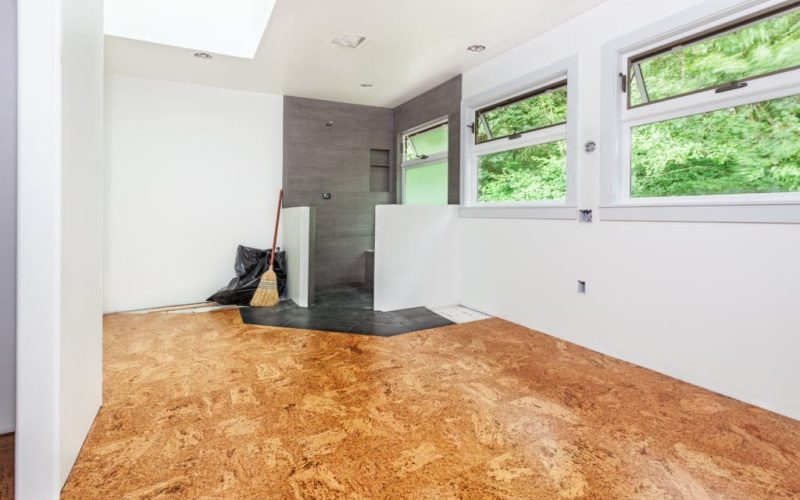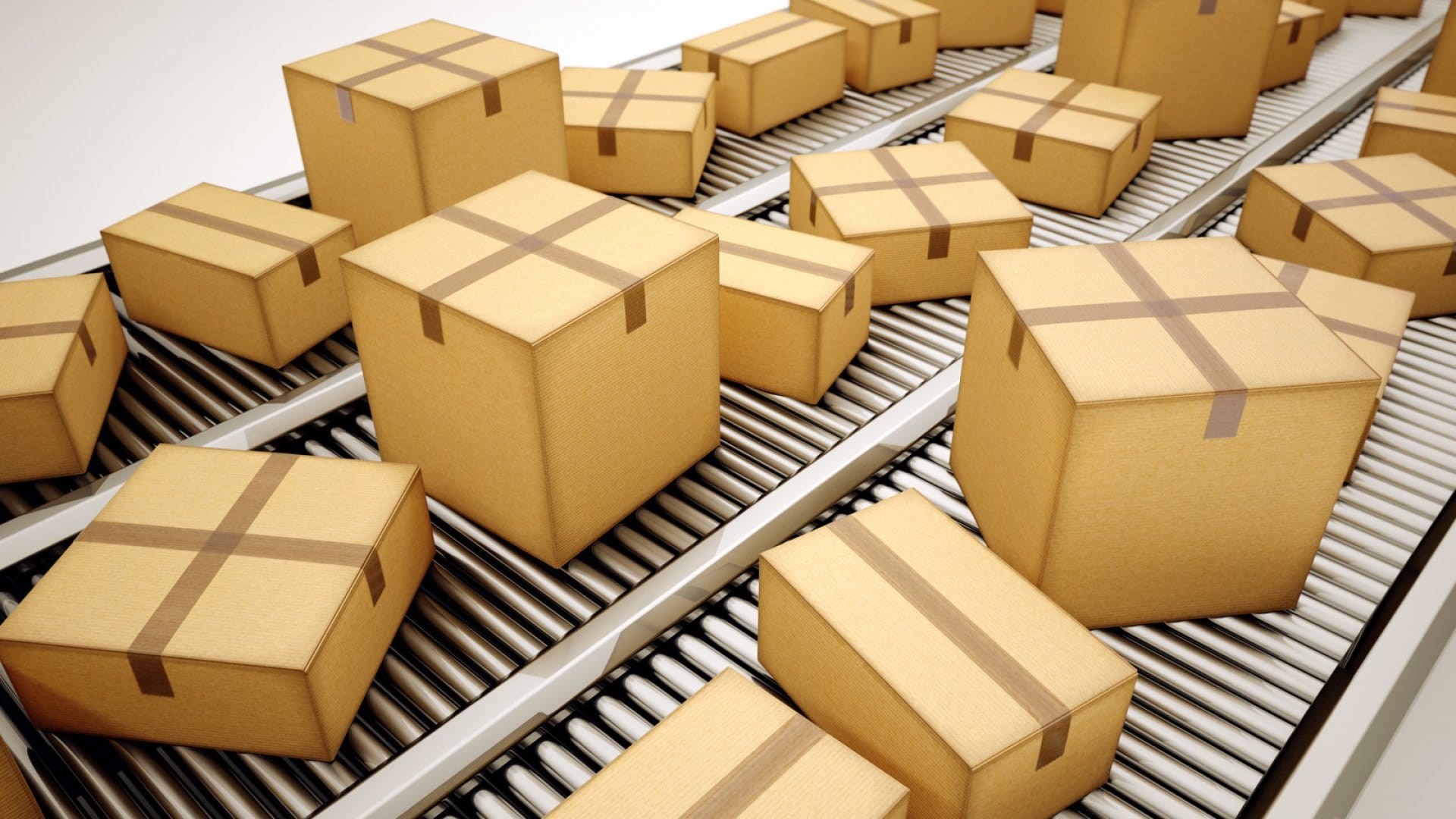Cork flooring isn’t a new concept. It has been widely used in the United States for centuries and still in fashion.
Previously, cork was merely made to close the tops of wine bottles due to its water-resistant quality. Nowadays, by using tens of different techniques, people prefer to cover their floor with it.
The best quality of cork flooring is that it provides a super-smooth and unique experience to your feet upon contact.
The discussion of cork flooring pros and cons is not a newer topic to discuss, as tens of advantages and cork flooring disadvantages have well-known to the people.
In this battle of ‘ifs and buts’, you need to take a balanced approach focused on your intended use.
Before we land on this discussion, let’s first find out how is cork flooring made.
How Is Cork Flooring Made?
Most of the cork used for flooring and even wine bottle comes from the bark of oak trees or Quercus sober.
These are native to the Mediterranean. The bark harvesting cycle complete in eight to nine years. Once harvested, it leaves a protective inner layer that ensures the continuous growth of the tree.
Before coming into the factor, dealers usually dry it by keeping it for months in the open areas. At this stage, labor punches out wine bottle corks.
Once done, waste is then safely boiled and grounded up. After compressing phase, the material becomes ready to craft cork flooring out of it. It can either result in a complete flooring piece or just a cork veneer placed over high-density backings.
There are tens of unique patterns available in the market ranging from square to almost any desired shapes.
Now, let’s discuss the cork flooring pros and cons.
Pros
Eco- friendly
It’s a fact that cork flooring is there for decades, but the recent boom is due to its eco-friendly nature. At this stage, looking at environmental factors, everyone would speak out in favor of this flooring.
Cork is basically biodegradable, due to which it breaks down in the environment at the end of life span.
The best thing that overcomes all cork flooring disadvantages is that it can undergo repeated harvesting, unlike single in hardwood.
Natural Insulation
It provides super effective natural insulation, especially in terms of heat. It possesses a 3.0 R-value, which means it’s as warm as a mid-weight puffy jacket.
In simple terms, you won’t be needing any expensive radiant heating system.
Sound Damping
Cork possesses tiny air pockets. Britannica states that a cubic centimeter of cork contains approximately 40 million air pockets. These air gaps bless super quiet to the cork flooring, making it ideal for bedrooms, offices, and studios.
It can replace carpet and hardwood almost at every such spot, where sound dampness becomes a necessity.
Fire Resistant
Cork contains a waxy substance named soberin, which usually comes from the cork tree Quercus Sober. Fire resistance doesn’t mean that it will not catch fire but will reduce the fire spread rate manifolds.
It also diminishes flames, so the rate of fire transfer to other parts reduces marginally.
Hypoallergenic and Antimicrobial
Sober not only reduces flames but also makes cork flooring antimicrobial and hypoallergenic. Basically, sober is one of the most hated substances by insects, microbes, bacteria, and small rodents.
So, we love it. If these insects and microbes are given an open hand, they will destroy your comfort in glimpses.
Health Partner
Carpet can cause allergies and, most importantly, respiratory diseases like asthma. So, stop debating about choosing carpets or any alternates; just go with the flow of this flooring.
Secondly, it provides out-of-box comfort to feet when a contact is established.
If you have asthma, then forget about any of the cork flooring disadvantages that you have heard and build an eternal relationship with this flooring.
Cons
Water Absorption
Water absorption is one of the most significant cork flooring disadvantages. It’s a widely accepted fact that we can’t keep water away from our residences, especially in basements.
When it comes to water absorption, most of the critique of cork flooring claim that cork is sponge-like material; few others claim it to be highly water-resistant. Still, facts are quite different from both of these claims.
Solid or engineered cork floors have a varying degree of water resistance. So, minor interactions with the water cause no harm, but if we use it for bathrooms or mudrooms, everything will be in vain.
In short, we can’t wholly rely on the water absorption of cork flooring.
Color Fading
If your flooring comes in direct contact with the sunlight, then unquestionably, your cork will lose its shine and glamour.
UV radiations from the sun or the UV lamps used for gardening and other such chores can take away the color of your flooring. So, the only way to avoid this issue is to buy UV-resistant finishes.
Durability and Dents
When someone looks for any type of flooring, the first question that arises in his mind is how durable the flooring will be?
Well, cork flooring presents a mixture of both advantages and cork flooring disadvantages at this stage because it’s durable but up to a limited extent. It can bear low to high traffics, but if there’s some sharp object, then a dent is evident.
People claim that dents once formed can’t be healed afterward, but that’s not true for cork flooring.
Thanks to the elastic nature of cork, it can heal all dents within elastic limits. So, if you can avoid contact with high heels or sharp objects, it can be the best option for you.
Pricing
Cork flooring pricesvary between $3 to $12, depending upon the quality, design, and pattern. Installation of flooring isn’t a tedious task; you can do it by yourself. If you can’t, then every square foot would cost you an additional $2 to $5.









